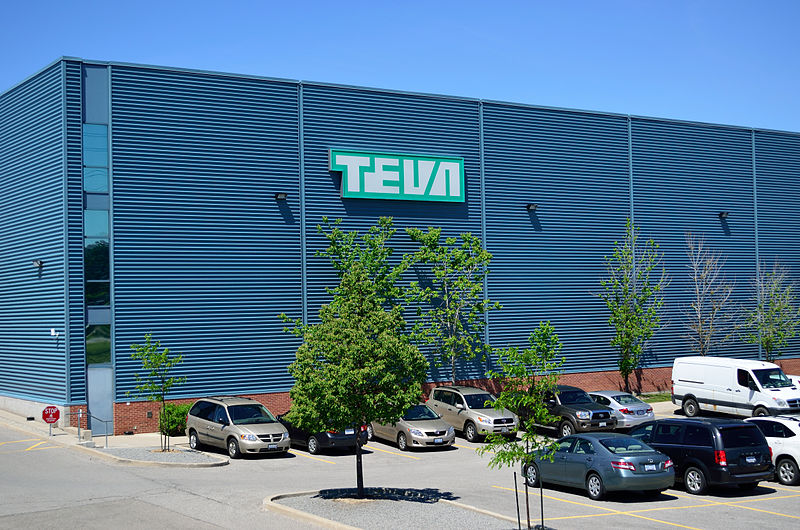FDA approves Teva's migraine drug, decision due on Lilly's rival

The FDA has finally approved Teva’s potential blockbuster migraine drug Ajovy after months of delays due to concerns about the manufacturing plant operated by the company’s partner, Celltrion.
Teva had originally expected FDA approval in June for Ajovy (fremanezumab), but had to wait until the regulator was satisfied with the factory operations in South Korea.
The FDA is also poised to make a decision on a rival drug in the same calcitonin gene-related peptide (CGRP) category, called Emgality (galcanezumab) from Eli Lilly before 27 September.
Novartis and Amgen already have a CGRP drug on the market – Aimovig (erenumab) was approved in the US in May.
Teva has priced its monthly injection at $575 per month, the same as Aimovig.
Brendan O’Grady, head of Teva’s North America commercial operations told Reuters that this was the “appropriate price”.
Teva has been actively negotiating with health insurers and other payers for months on how best to allow patients access to the drug.
The Israel-based company badly needs the new income from Aimovig, as it has been saddled with debts that stood at around $41 billion following the acquisition of Allergan’s generics business two years ago.
Teva has announced plans to cut 14,000 jobs – around a quarter of its staff – in order to shave $3 billion from its annual costs under plans drawn up by new CEO, Kåre Schultz.
Schultz joined the company in November last year, after helping transform the fortunes of Danish drugmaker Lundbeck.
[caption id="attachment_31609" align="alignnone" width="90"] Kåre Schultz[/caption]
Kåre Schultz[/caption]
Schultz said on Friday: “This is an important day for Teva and complements our long-standing history of helping patients living with diseases of the central nervous system.
“The approval of AJOVY helps us to continue to provide access to important medicines and to deliver on our commitment to our key stakeholders – patients, employees and shareholders.”
Alder BioPharmaceuticals, a small pharma based in Washington state, is also working on a calcitonin gene-related peptide (CGRP) drug – but eptinezumab will have to be injected in clinics, instead of by patients, like its competitors, meaning it is unlikely to be as popular as its rivals despite some strong phase 3 results.












